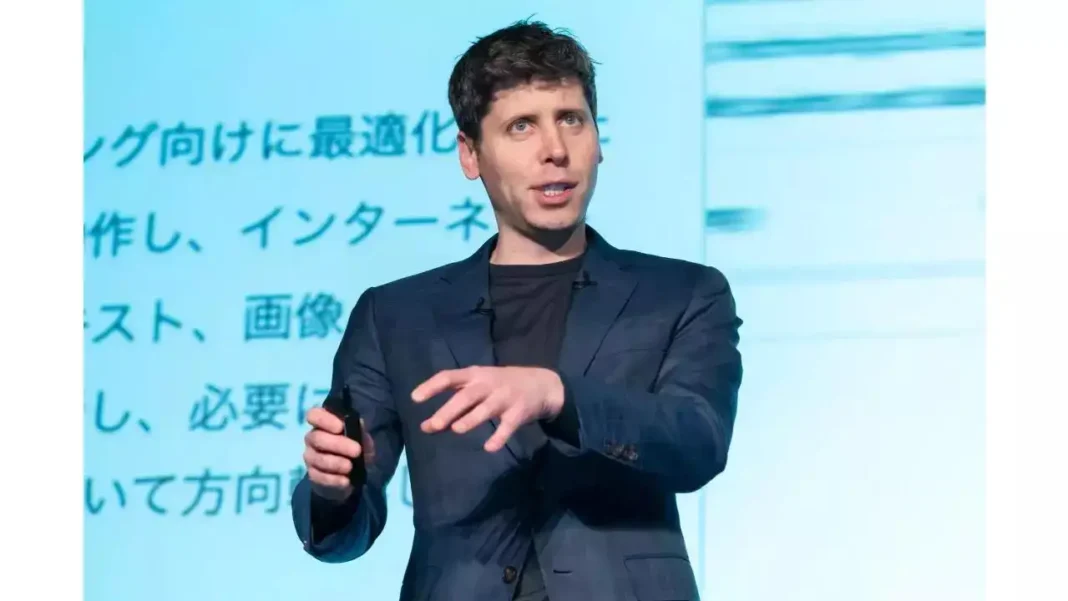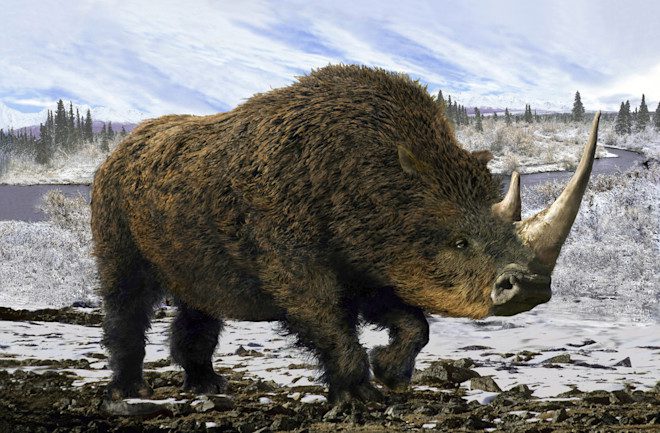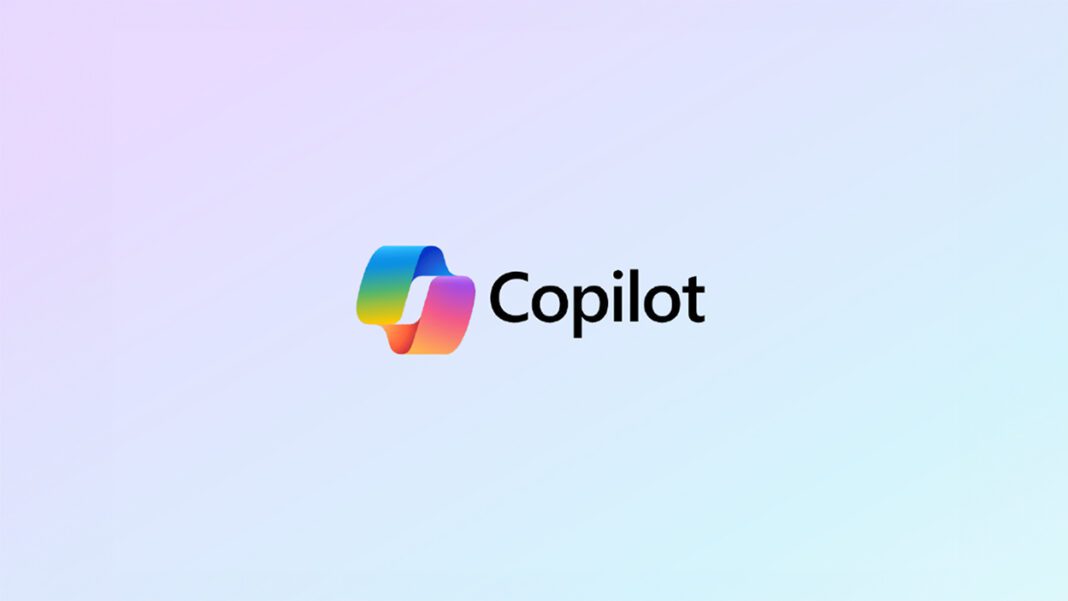OpenAI CEO Sam Altman recently echoed the view that jobs will be reshaped—not eliminated—echoing Nvidia CEO Jensen Huang’s stance in a post on X. He predicts that while roles will change, work will remain meaningful—albeit different, perhaps even resembling game-playing to future generations.
Key Takeaways on Job Evolution Under AI
Fields will transform—not vanish
Altman acknowledges that some jobs may disappear—but the broader trend is evolution, not extinction. He highlighted that creative roles, like UI and graphic design, will stay but with raised standards and higher expectations.
AI as a productivity booster
AI is likened to an intern today and potentially like a skilled engineer tomorrow—handling routine tasks while humans focus on strategic or creative roles. Roles like prompt engineer didn’t exist before AI, illustrating new job paths emerging with the technology.
A nuanced outlook on job loss and adaptation
While Altman admits some job categories may vanish, he stresses that new forms of work will emerge—jobs that may look odd now but be fulfilling then. He reminds us that generations adapt to tech shifts—and humanity has always found new ways to stay productive.
Upskilling is essential
Altman encourages embracing AI—learning the tools and integrating them into your work. According to him, you aren’t replaced by AI, but by someone savvy enough to leverage AI effectively.
Societal adaptation depends on policy
Altman and Huang share the view that governments, industries, and educational institutions must proactively reskill workers and rethink policy—including social contracts—to help people adapt.
Context & Background
Altman’s message isn’t new. As early as 2015, he declared that entire job categories would disappear—but super-intelligence would generate abundance and more personalized roles. In recent dialogue, he underscored that while AI will reshape society, he’s cautiously optimistic overall—expecting more good than bad over generations—but notes a painful transition period during disruption.
Meanwhile, Nvidia’s Jensen Huang emphasized that productivity gains from AI could boost society if people continue to innovate—supporting Altman’s sentiments about transformation, not total elimination.
What This Means for Workers Today
| Point | Implication for You |
|---|---|
| Expect change | Jobs will evolve—shift accordingly. |
| Learn AI tools | Upskilling is the edge in future careers. |
| Seek meaning in new roles | Conventional roles fade; creative and community impact matter. |
| Advocate for policy | Reskilling, safety nets, and education reform are key. |
| Stay adaptable | Human creativity and resilience remain vital. |
✅ Conclusion
Sam Altman’s optimistic view is clear: “AI will reshape jobs, not erase them.” While certain routine roles may vanish, new types of work—combining creativity, strategy, and care—will rise. AI may do the heavy lifting in routine tasks, but human ingenuity and adaptability will continue to define meaningful work. The key? Embrace the tools, keep learning, and prepare to reinvent your role in a world where AI accelerates opportunity.



